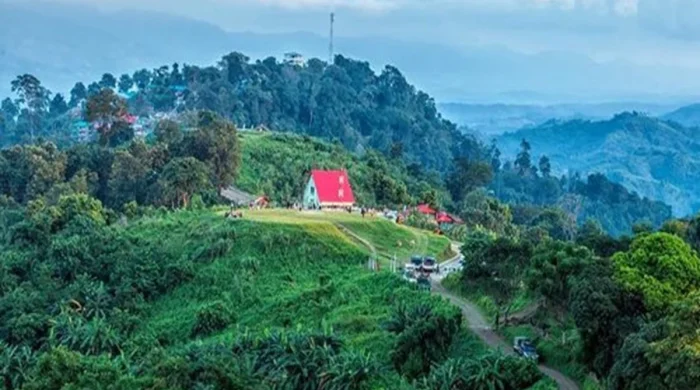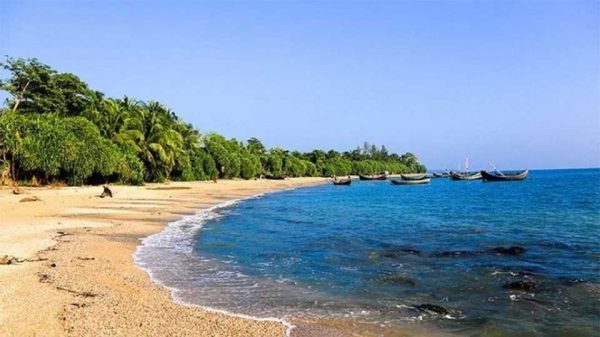UNESCO recognizes Ha Long Bay-Cat Ba Archipelago as world natural heritage
- আপডেট সময় সোমবার, ৯ অক্টোবর, ২০২৩

UNESCO has recognised Ha Long Bay-Cat Ba Archipelago in Vietnam’s northern province of Quang Ninh province and neighboring Hai Phong city as a world natural heritage. The UN’s cultural organisation has announced the new inscription to the list at the 45th session of the World Heritage Committee in Riyadh, Saudi Arabia.
Apparently, Ha Long Bay-Cat Ba Archipelago is Vietnam’s first inter-provincial UNESCO-listed world heritage site. Cat Ba Archipelago in the port city of Hai Phong is the largest limestone archipelago in Vietnam and is home to over 360 islands.The archipelago had earlier been recognized by UNESCO as a world biosphere reserve.
But it’s not the first time that Ha Long Bay in Quang Ninh Province was named by a heritage. Back in 1994 and 2000, the site was bestowed with the same title.
As per the Ministry of Culture, Sports and Tourism, the Ha Long Bay-Cat Ba archipelago is noted for a rich diversity of island and ocean and is home to a range of rare animals and plants. It houses the nation’s largest maritime forest with an area of more than 17000 hectares.
About Ha Long Bay
Ha Long Bay is one of the prime attractions in Vietnam. It is a UNESCO World Heritage Site known for its emerald green waters and thousands of towering limestone karsts and islets that rise dramatically from the sea. These karsts are often covered in lush greenery, creating a striking contrast with the sparkling waters. Ha Long Bay offers numerous opportunities for cruising, kayaking, and exploring caves, making it a popular destination for tourists seeking a serene and picturesque natural environment.
About Cat Ba Island
Cat Ba Island is the largest island in the Ha Long Bay-Cat Ba archipelago and serves as a gateway to the surrounding area. The island features rugged landscapes, sandy beaches, and a mix of forested hills and valleys. Cat Ba Town is the main urban center on the island and serves as a base for visitors exploring the bay. Cat Ba is known for its Cat Ba Langur, a critically endangered species of monkey found only on this island.

















